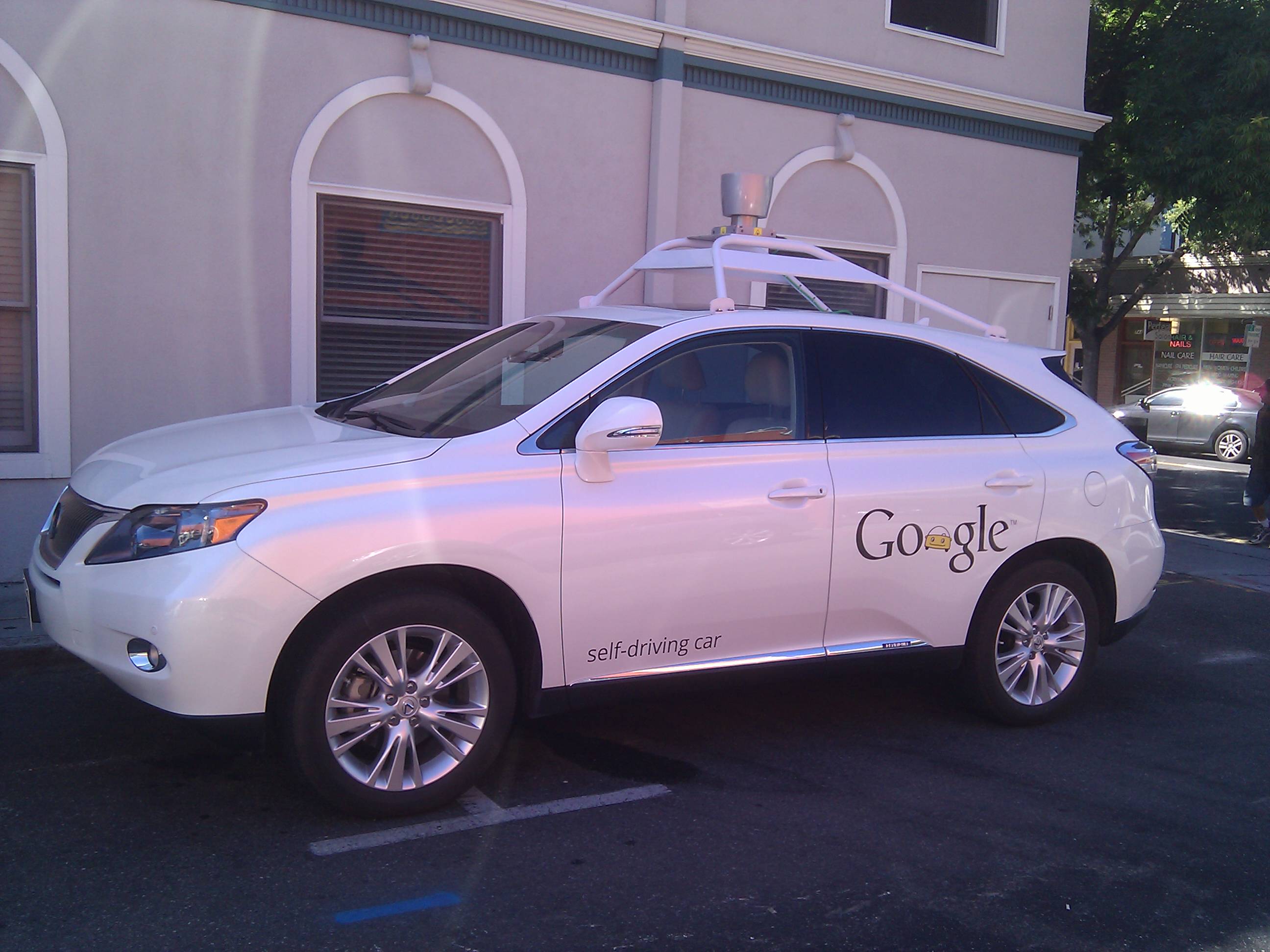Automakers may have little control in future of car tech
By Tom Stasiunas, Contributing Writer
A revolution in the auto industry is perhaps closer to reality than some might think. Experts are predicting that in just four years, self-driven cars will be widely used and accepted by the public, given Google’s extensive testing and advanced, automated functions.
The software has been in development for over six years. In that time, Google’s test cars have driven over a million miles combined on public roads.
The software is such that each individual car does not need to record the data first-hand in order to benefit from it. When one car creates a model based on findings from the public’s driving habits, the model is shared with all other self-driven cars on the road, arming them with a vast collection of knowledge and data without ever necessarily experiencing any of it directly.
While Google has its own production line of motor vehicles, most expect Google to try to sell their software to other auto companies, many of whom are just now starting to implement this technology. This is not to say it will be simple. Several automakers are hesitant to do business with Google. In fact, many automakers are implementing their own “smart” software.
They will hesitate to pay Google exorbitant amounts of cash to get the corporation’s technology into their cars around the world. Maybe even more importantly, they may shrink at the idea that Google would have so much power within their products.
However, these big name automakers may not have a choice. There is no denying Google’s extensive research and development; they have vastly more knowledge and experience on the road than the new competitors.
Given the head start on the rest of the market, it is entirely plausible that automakers will be forced to seriously consider Google’s technology, as it is likely that it is the safest, most advanced of its kind.
If consumer demand reached a point where many decided it would be in one’s own best interest to possess a self-driving car, other automakers would have little choice. Though it may be a handful of years away, and obstacles do exist, the rise of the automated car is fast approaching.

